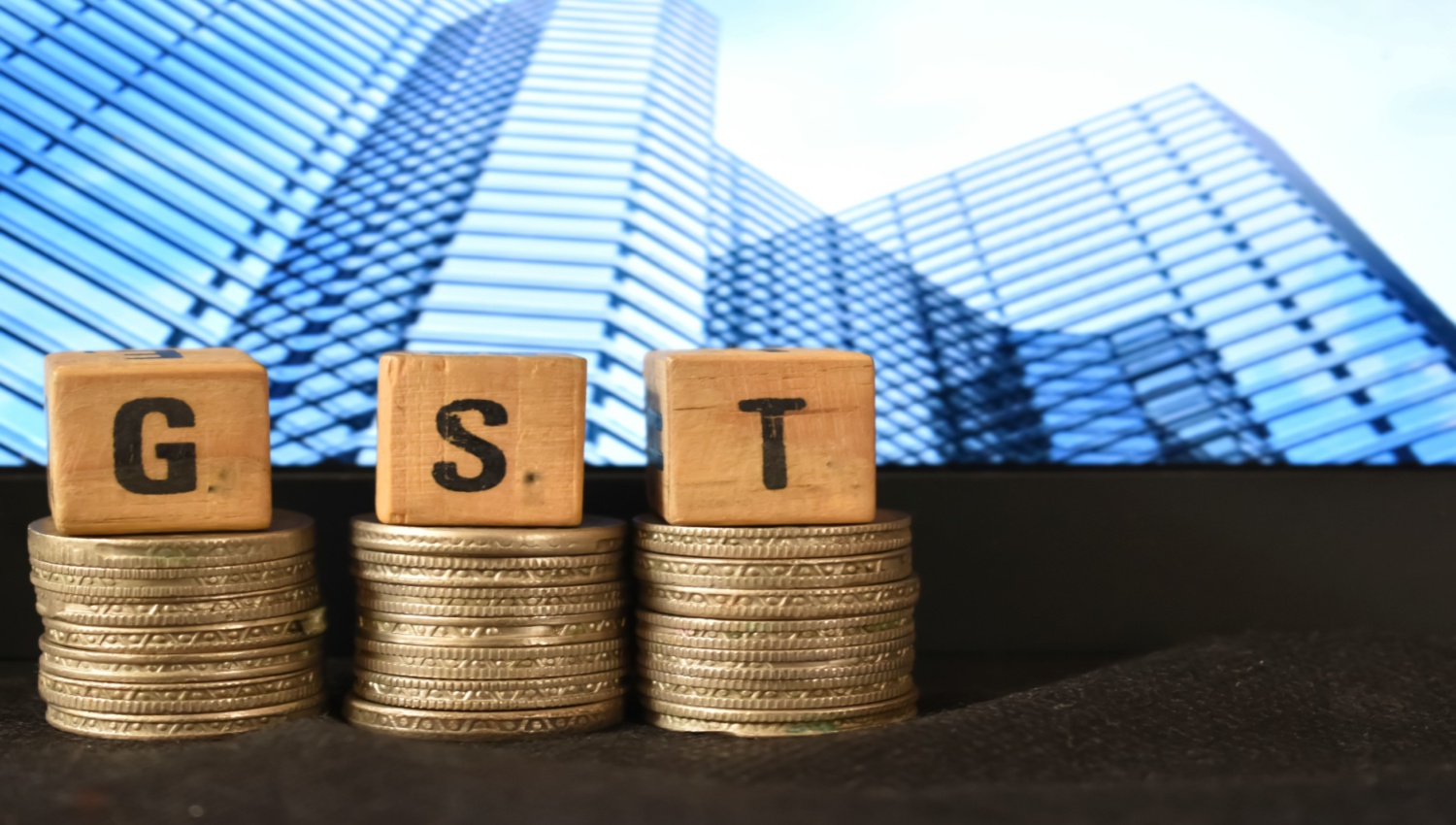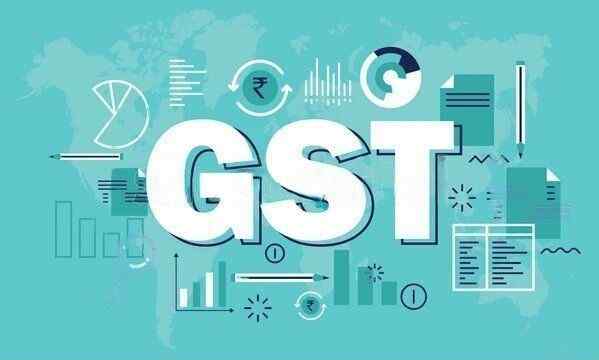Table of Contents
Quality Service Guarantee Or Painting Free

Get a rental agreement with doorstep delivery

Find the BEST deals and get unbelievable DISCOUNTS directly from builders!

5-Star rated painters, premium paints and services at the BEST PRICES!
Loved what you read? Share it with others!

GST on Flats Below 45 Lakhs: Everything You Need to Know
Table of Contents
The Goods and Services Tax (GST) has significantly impacted the real estate sector in India, particularly for affordable housing. For GST on flats below 45 lakhs, the government has introduced special GST provisions to make homeownership more accessible. These rules aim to stimulate the affordable housing segment by reducing the tax burden on both developers and homebuyers. The benefits under GST for affordable housing include lower tax rates and input tax credit provisions, which we'll explore in detail throughout this blog.
What Qualifies as an Affordable Flat Under GST?
To qualify for reduced GST on flats below 45 lakhs, a flat must meet specific price and size criteria. In metropolitan areas, an affordable flat should have a carpet area up to 60 square meters and be priced up to ₹45 lakhs. For non-metropolitan areas, the carpet area can be up to 90 square meters, with the same price cap of ₹45 lakhs. These criteria ensure that the benefits of lower GST rates are targeted towards genuine affordable housing projects. It helps in making homeownership more attainable for a broader section of society.
GST Rates for Flats Below ₹45 Lakhs
The current GST on flats below 45 lakhs, stands at a reduced 1% without input tax credit (ITC). This significant reduction from the previous rates aims to boost the affordable housing sector. It aligns with the government's vision of "Housing for All." The 1% rate applies to both under-construction properties and those nearing completion. It is provided they meet the criteria for affordable housing.
Quality Service Guarantee Or Painting Free

Get a rental agreement with doorstep delivery

Find the BEST deals and get unbelievable DISCOUNTS directly from builders!

5-Star rated painters, premium paints and services at the BEST PRICES!
Government schemes like the Pradhan Mantri Awas Yojana (PMAY) have played a crucial role in shaping GST rates for affordable housing. While PMAY itself doesn't directly alter GST rates, it complements the reduced GST structure. It helps in offering additional benefits such as interest subsidies and direct financial assistance to eligible homebuyers. This synergy between tax policy and housing schemes creates a more favourable environment for those looking to purchase affordable homes. It effectively helps in reducing the overall cost of homeownership.
GST for Under-Construction vs. Ready-to-Move Flats
Here's a comparison table for GST rates on under-construction and ready-to-move flats:
| Property Type | GST Rate for Affordable Housing (≤₹45 lakhs) | GST Rate for Other Residential Properties |
|---|---|---|
| Under-Construction | 1% without ITC | 5% without ITC |
| Ready-to-Move | Not Applicable | Not Applicable |
It's important to clarify that GST is not applicable for fully constructed flats. Once a property receives its completion certificate or occupancy certificate, it is considered a completed project, and subsequent sales are treated as the sale of immovable property. These transactions fall outside the purview of GST and are instead subject to stamp duty and registration charges as per state laws. This distinction is crucial for homebuyers to understand, as it can significantly impact the overall cost of purchasing a property.
How GST Affects the Total Cost of Buying a Flat
When calculating the total cost of buying a flat, GST plays a significant role, particularly for under-construction properties. For affordable housing (GST on flats below 45 lakhs), the 1% GST is applied to the total purchase price, excluding the value of the land. This means that on a ₹45 lakh flat, the GST component would be approximately ₹45,000, assuming the land value is already factored out.
However, GST is just one part of the overall cost structure. Homebuyers must also consider additional expenses such as stamp duty and registration fees, which vary by state but typically range from 5-7% of the property value.
These charges are applicable to both under-construction and ready-to-move properties. Other costs may include society formation charges, maintenance deposits, and utility connection fees. It's crucial for buyers to factor in all these components to get a comprehensive understanding of the total cost of homeownership.
Eligibility for Input Tax Credit
Input Tax Credit (ITC) is a crucial aspect of the GST framework, but its application in residential real estate is nuanced. Here's what homebuyers need to know:
- Homebuyers cannot directly claim ITC on GST paid for under-construction flats.
- The 1% GST rate for affordable housing is offered on the condition that developers cannot claim ITC.
- This no-ITC policy aims to simplify tax compliance and reduce the overall tax burden on affordable housing.
- While homebuyers don't get direct ITC benefits, the reduced GST rate is intended to offset this by lowering the overall cost.
- For properties not qualifying as affordable housing, a 5% GST rate applies, also without ITC.
Impact of Government Schemes
Government schemes, particularly the Pradhan Mantri Awas Yojana (PMAY), have a significant impact on the affordability of housing when combined with GST on flats below 45 lakhs. Under PMAY, eligible beneficiaries can receive an interest subsidy on home loans, effectively reducing the cost of borrowing. For affordable housing projects, this interest subsidy, coupled with the reduced 1% GST rate, can substantially lower the overall cost of homeownership.
At the regional level, many states have introduced their own affordable housing schemes that complement the central government's initiatives. These state-specific programs often include additional subsidies, relaxed FSI (Floor Space Index) norms, or expedited approval processes for affordable housing projects. While these schemes don't directly reduce GST rates further, they create an ecosystem that enhances the benefits of the reduced GST rate, making affordable housing even more accessible to a wider segment of the population.
The GST framework for affordable housing, particularly for GST on flats below 45 lakhs, represents a significant effort by the government to make homeownership more accessible. The reduced 1% GST rate, combined with various government schemes and exemptions, has created a more favourable environment for both developers and homebuyers in the affordable housing segment. By understanding the nuances of GST on affordable housing, buyers can make more informed decisions and save on their home purchases.
Frequently Asked Questions
1. Is GST applicable on resale flats?
No, GST is not applicable on the sale of resale flats. These transactions are considered the sale of immovable property and are subject only to stamp duty and registration charges.
2. Can I get GST relief if I buy a flat under ₹45 lakhs through a government scheme?
Yes, flats under ₹45 lakhs qualify for the reduced 1% GST rate, regardless of whether they're purchased through a government scheme. Schemes like PMAY may offer additional benefits.
3. Does GST impact the home loan process?
GST doesn't directly impact the home loan process. However, the reduced GST on affordable housing may lower the overall property cost, potentially affecting the loan amount needed.
4. How does GST apply to car parking spaces in affordable housing projects?
For affordable housing projects, the cost of car parking spaces is typically included in the flat's price. Therefore, it's subject to the same 1% GST rate as long as the total value doesn't exceed ₹45 lakhs.
5. Can developers charge GST separately on maintenance deposits for affordable housing?
No, developers cannot charge GST separately on maintenance deposits for affordable housing. These deposits should be included in the total property value subject to the 1% GST rate.
Recommended Reading

How to Register a Company in India: Legal Requirements & Compliance Checklist (2025)
May 1, 2025
25268+ views

GST Laws - All You Need to Know
December 2, 2022
10093+ views

GST on Flats Below 45 Lakhs: Everything You Need to Know
January 31, 2025
9399+ views

GST Registration Process: Meaning, Types, Charges and Documents in 2025
May 24, 2025
7958+ views

Offences and Penalties Under GST
December 2, 2022
4527+ views
Loved what you read? Share it with others!
Most Viewed Articles

Franking Charges Explained: Meaning and Benefits
January 31, 2025
1116758+ views

Society Maintenance Charges : Meaning, Cost, Types and Calculation
January 31, 2025
199702+ views

BBMP E-Khata Registration process for property owners in Bangalore, Karnataka in 2025
March 19, 2025
145603+ views

Daughter's Right in Fathers' Property - the Law is Finally Equal for both Genders?
June 1, 2025
144392+ views

Rectification Deed Format and Process in India 2025
June 1, 2025
135195+ views
Recent blogs in
What Is Cidco Lease Deed: Types, Tenure, Rights and Responsibilities in India 2026
February 20, 2026 by Ananth
Perpetual Lease Deed: Meaning, Rights, Benefits and Registration Process in India 2026
February 20, 2026 by Vivek Mishra
Ground Lease Vs Land Lease: Meaning, Key Features and Legal Distinctions in 2026
February 20, 2026 by Vivek Mishra
Lease Extension Agreement: Required Documents, Cost and Registration in India 2026
February 20, 2026 by Ananth
Mobile Home Lease Agreement: Types, Rights, Rules & Legal Requirements in 2026
February 20, 2026 by Ananth









 Full RM + FRM support
Full RM + FRM support
Join the conversation!